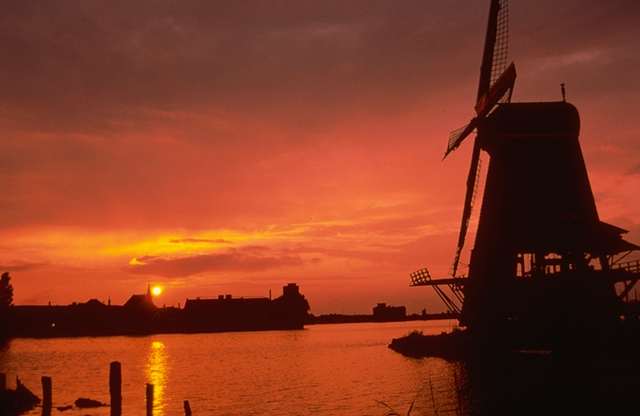|
|
|
AUGUST |
||||||
|---|---|---|---|---|---|---|
|
S |
M |
T |
W |
T |
F |
S |
| 1 | 2 | 3 | 4 | 5 | 6 | |
| 7 | 8 | 9 | 10 | 11 | 12 | 13 |
| 14 | 15 | 16 | 17 | 18 | 19 | 20 |
| 21 | 22 | 23 | 24 | 25 | 26 | 27 |
| 28 | 29 | 30 | 31 |
*Click on the day of the month for the daily quote.*
Of all the things you wear,
your expression is the most important.
~John Ruskin~
John Ruskin was born at 54 Hunter Street on February 8, 1819. His mother's name was Margaret, and his father's name was John James. John Ruskin did not have any brothers or sisters. John Ruskin's father, John James, was independently wealthy. He was an original partner of Pedro Domecq sherries. John James was an art collector who encouraged his son's interest in reading and writing. John Ruskin's mother was a faithful evangelical Protestant who was very dedicated to the service of God, and wanted her son to become an Anglican bishop. John Ruskin was home-schooled until he was twelve. He didn't have very many friends, or very many toys. John Ruskin's father encouraged him to publish his first poem "On Skiddaw and Derwent Water" when he was eleven. When he was fifteen, he published his first prose, which was about the waters on the Rhine.
In 1836, John Ruskin attended Christ Church, Oxford. He wrote a pamphlet to praise the painter Turner against the critics. It was not published, because Turner asked him not to publish it. While at Oxford, Ruskin continued to publish poetry and criticism, even though he hung out with some rich and rebellious people. In 1839, he won the Oxford Newdigate Prize for poetry. The next year John Ruskin was not able to travel or do his studies, because of possible consumption. He did not graduate until 1842. At this point in his life, he decided never to enter into the ministry.
Ruskin married Euphemia Chalmers Gray on April 10, 1848. One year later, Ruskin and his wife went to Venice, and he continued writing. In 1853, John Ruskin and his wife spent the summer with the artist Millais in Scotland. The next year, Euphemia left Ruskin and had their marriage annulled, then she married Millais.
Between 1855 and 1858, Ruskin wrote many reviews and volumes. It was during this time that he decided to give up his evangelical Protestantism, which had been the basis of many of his thoughts and beliefs. He also met Rose La Touche, a young Irish Protestant girl that he fell madly in love with.
In the 1860's, Ruskin continued writing and lecturing on economy, art, and myth. He also wrote letters to the working class of England, and various works on art and popularized science. His father died in 1864, and his mother died in 1871.
Rose La Touche, insane, died in 1875. Three years later John Ruskin became mentally ill. In 1880, John Ruskin quit being a professor at Oxford, and suffered more attacks of insanity over the next two years. After he recovered, he was re-elected to the Slade Professorship in 1883. In 1885, he began working on his autobiography Praeterita which appeared in parts over the next four years. Ruskin became very ill and had to be brought home early from his trip to the continent by his cousin Joanna Severn. He died at Brantwood, his home near Coniston Water, on January 20, 1900.
The highest reward for a man's
toil is not what he gets for it,
but what he becomes by it.
~John Ruskin~
Quote of the Day Archive Favorite Songs Inspirational Poems & Stories
